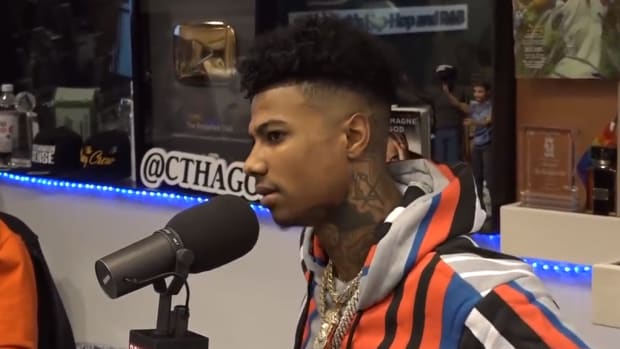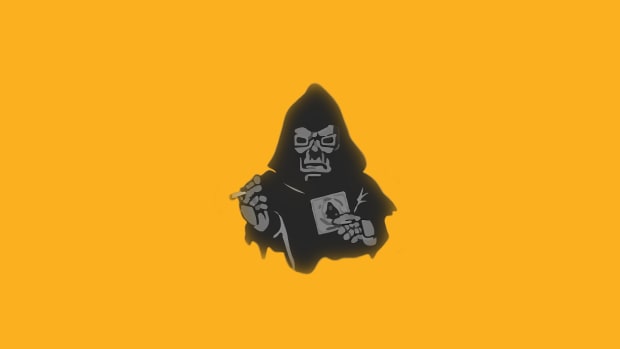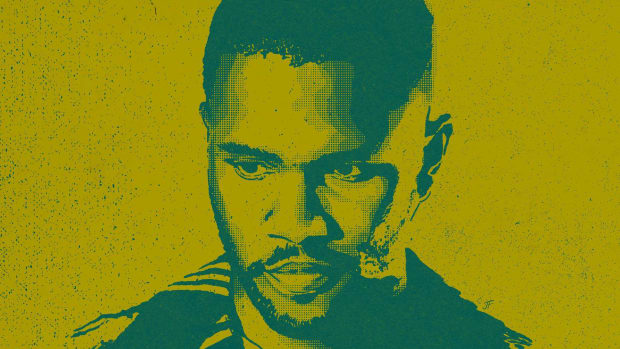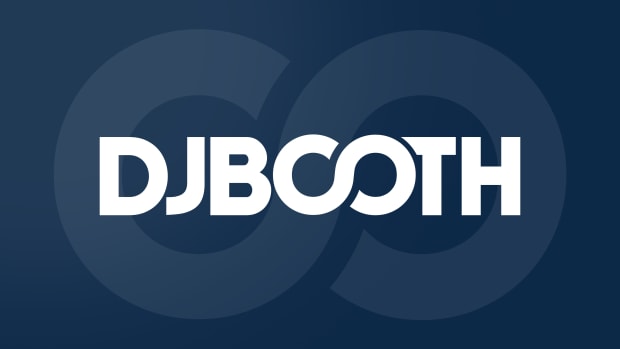Exploring and Explaining the 9 Most Common Types of Record Deals
The record business is, by design, complicated, which means knowledge is required to navigate it. Nowhere is that more apparent than when it comes to record deals. We throw around many terms in the music business, so let’s define some and all be on the same page.
At its core, the music business is a rights business, with contracts to exchange those rights for money. In the record business, the performing artist traditionally exchanges their sound recording copyrights for access to a record company’s money, distribution, and/or marketing muscle. Rights can be exchanged in numerous ways, and understanding the basic terminology will put you in a better position to negotiate when it comes time to sign a contract (or pass on one).
Note: This is not meant to get into all the details but discuss the big picture. If you’re ever presented with one of these contracts, always hire an experienced entertainment lawyer to review it and ensure you understand the implications of what you are being asked to sign.
Distribution Deals
Success in the record business has always required an effective distribution partner. It’s one thing to make a record but another to get it to the consumer. Distribution bridges the two, as warehousing, trucking, and logistics are all necessary to get records to market.
Distribution deals allow the owner of the recordings to retain their copyrights but get access to the knowledge, systems, and reach of a distributor. The owner provides finished records, and the distributor manages the process of getting them to retail and DSPs. (In some instances, they handle manufacturing too.) In return, physical distributors typically take around 25% of the wholesale price, with digital distributors taking less.
Distribution deals were once only for full-service labels and not for individual artists. Digital distribution (via companies known as aggregators) has changed that, making distribution available to all. While aggregators may simplify a process that remains complex, it's still important to remember two things. First, the sheer volume of tracks being uploaded to DSPs daily means that the importance (and difficulty) of obtaining a good partner is never gone away. Second, these deals provide a limited service. The label or owner of the records being distributed needs to understand where they must still take charge of (and pay for) what’s not provided, especially marketing and promotion.
Traditional Record Deals
When someone mentions a record deal, they are likely talking about a traditional major-label one. In this scenario, the label has distribution, the cash to finance the recording, and the ability to mount a massive marketing campaign. All that power means the label can also dictate terms (at least until the artist has achieved enough success to force better ones).
These deals were once the holy grail in the record business, as company control over distribution meant that the only way into record stores was by getting signed. As a result, they are simultaneously sought-after and derided and remain in our collective psyche, even if they are no longer the only game in town.
In a traditional record deal, the label takes ownership of the performing artist’s recordings for the duration of the copyright. In return, the artist receives an advance against royalty in connection with each sale. Without guaranteeing success, the record company takes on significant risk when working with an artist. To mitigate that risk, the company will recoup costs from the artist’s royalties and use cross-collateralization to ensure the hits pay for the stiffs.
Contracts are written to protect the company’s bottom line, often at the expense of the artist. Despite this, the money a label spends to make and break a record is more than what most (if all) performers can afford. And given how rare hits can be, that money may be more like a contribution even if the label continues to own the masters and recoup its costs.
360 Deals
Record companies faced significant losses as the marketplace transitioned from physical to digital in the mid-aughts as consumers stopped buying records. To make matters worse, digital downloads never made up for lost physical sales. Cash-strapped labels, desperate to tap into new revenue streams, began looking at their artists with hungry eyes. The “360,” or “all-rights,” deal was born.
Unlike a traditional record deal in which the label only has rights to the artist’s recorded music, a 360 deal gives the label a piece of much more, including publishing, touring, endorsements, and even acting—any money the artist might make. If it feels like a land grab, it is. But labels long watched with jealousy as the artists they plucked from obscurity went on to successful careers, tapping into other revenue streams. Off-limits to them, labels chafed at how this revenue wouldn’t exist without their initial investment. The artist couldn’t have become a star without the label discovering them, its cash, and its marketing and promotion. Labels bet they could turn artists into multi-platinum household names; 360 deals were the way for them to call in their chips.
The Music Industry’s “360 Deal” Takes a 180 Turn
“Not surprisingly, the record labels aren’t rolling over.”
The Importance of Taking Publicity Photos that Align with Your Music
Taking new publicity photos requires intention and purpose.
Networking 101 for Artists: Dos, Don’ts, & Common Misconceptions
Learn about the dos and don'ts, common misconceptions, and when to open up your network to others in this comprehensive guide.
Indie Record Deals
The name “indie” was coined in the 1950s to describe a new kind of record label that operated “independently” of the majors. Company structure, financing, A&R goals, and sales projections reflect differences; contractual terms do as well.
Without the size and money of a major, an indie will typically provide a lower advance—if any upfront money. In return, the label might agree to more favorable payment on the back end, whether in the form of a higher artist royalty or structure that splits costs and profits more equitably. Without the hit-driven approach of a major label throwing money all over the place (and then doing everything possible to recoup it), indie labels may not demand ownership of the masters.
Not everything is rosy, however. Indies are unlikely to own their own distribution and may not operate outside a single country or territory. Consequently, should the indie lose distribution, the artist will too, and that artist may have to sign multiple deals to cover all territories.
Production Deals
What feels like a record deal but isn’t? Independent production agreements, or simply “production deals.” Usually, between production entities (producers, so-called management companies, or music business bigwigs) and performing artists, these deals are not between artists and record companies. This confuses artists—for example, Blueface.
Deals like this allow the production entity to finance a record and then define the payment terms should they get distribution. Note: the artist doesn’t have the record deal: the production entity does (and sometimes they don’t have one). To make matters worse, the artist's royalty in these deals will be lower than if the artist was signed directly—sometimes by as much as half. Notice any red flags here?
When I worked in the majors, I’d field requests from performing artists signed to such deals to set up a recording session for them. My response was always, “I’ll get back to you when the production company approves.” Why? I might’ve worked at the record company, but our contract wasn’t with the artist; the recording budget wasn’t theirs to spend.
Unlike being signed directly, artists in these deals are at arm’s-length to the record company, and that makes everything harder, especially if there's a dispute. These deals were once a viable path to signing with a label. But given how the business operates now, why does an artist need another hand in their pocket?
Label Deals
Should a production entity see some success with an individual artist, the record company may offer them a label deal. Label deals are multiple production deals lumped together, with the record company paying an overhead fee to the production entity on top of whatever artist royalty may be due. This is great if you’re the label: the record company finances your operation as well as pays for the records you’re releasing. If you’re the artist signed to one of these, things are marginally better, as the added clout your production entity has will make it easier to get things done. Unfortunately, you’re still signed to a production deal.
Joint Ventures
Sometimes the production entity can negotiate a share of the profits instead of a royalty. In the record business, this is known as a “joint venture.” Such a situation can be very beneficial for the production entity if the JV makes money, as splitting profits on a 50/50 basis can pay more than an artist's royalty.
In a joint venture, the deal specifies the terms under which each entity’s expenses are pooled and offset by any revenues generated. Any profits are then split. Expenses are defined, though the record company may insist that they get to charge a distribution fee and an overhead fee in addition to more standard expenses like manufacturing, shipping, marketing, mechanical royalties, and union payments. These deals may increase the up-front expenses a label has to pay, but the generous profit split increases their upside too.
Upstreaming Deals
What does it mean to be “upstreamed”? In this situation, an indie label with major distribution allows the major to take over if one of the indie label’s artists blows up. This is a distribution deal with a production deal buried inside: the contract gives the indie distribution. However, the production deal language means their artist is automatically signed to the major when a certain trigger or sales threshold is reached.
Like all deals, there are pros and cons. What is good about them is that the indie artist has the opportunity to develop without the pressure of the major, yet should they get big, the major can quickly step in to make things pop. However, the artist pre-negotiates the terms of what could become a major-label record deal before they’ve achieved the sales—and the clout—that might’ve gotten them better terms had they waited.
Label Services Deals
Relatively new, these deals are marketed directly to individual artists who might not be ready for a record deal but are still generating some revenue. Essentially distribution deals with extra services built-in, they include distribution, but the company may also provide digital marketing, radio, social media, publicity, and promotional services. Often, the company will front these costs (and deduct them from the artist’s share). Hence, these deals represent an opportunity for a new or developing artist to get backing without having to sign a traditional record deal and give up ownership of their masters or take a lower royalty.









